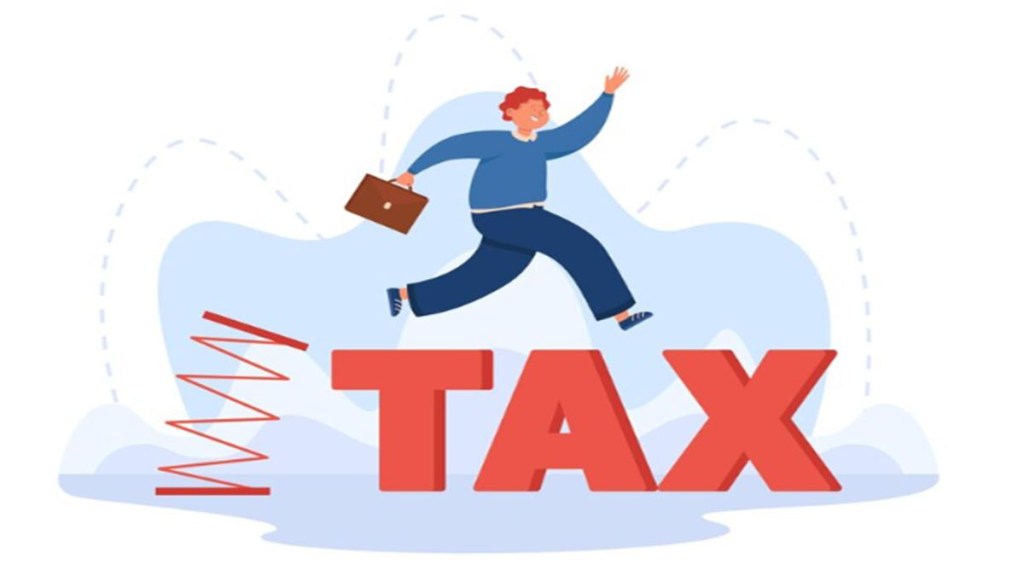India, now the fourth largest economy in the world, is poised to grow at 6.5% during the 2025 fiscal year, backed by strong commitments in infrastructure, technology, the start-up ecosystem and a skilled talent pool, as per IMD’s World Economic Outlook of April 2024.
Healthy macro-economic factors apart, growing tax revenue is also a major driver to fuel growth. Individual taxpayers have been significant contributors to direct tax revenues. Coupled with effective administration and ease of compliance, the net tax collection from individuals is expected to exceed that of the corporates by about 21.6% during the 2024-20252 fiscal year.
The number of individuals with earnings above INR 5 lakhs per annum has surged five times since 2012. While it is evident that the personal tax base has widened, it is also true that tax slab rates have not changed in line with the aforesaid income surge. Individual taxpayers still believe that the government could offer more to stimulate investments, savings, and financial relief.
This is the ask from individual taxpayers, to bring in parity between corporate tax rates and individual tax rates, as the maximum tax rate for an Indian company with sales less than INR 400 crores is only about 25%. If the maximum marginal rate for individuals can be reduced, at par with corporates, it will enhance disposable income, thereby stimulating consumption and investments.
Also Read: 7 things Union Budget 2024 can do for salaried taxpayers
Procedural simplifications
Procedural compliances have eased out, eliminating the need to claim deductions in the new tax regime, thereby saving efforts and time. Certain deductions can be brought in, which do not require the need for submission of proofs, such as say, employee contribution to provident fund, PPF, that may encourage more taxpayers to move towards this regime.
Enabling tax payment through overseas bank accounts and initiating tax refunds into foreign bank accounts reported in the tax return, can further simplify the procedures especially for non-residents who have return filing obligations in India. Further, there could be options to allow e-verification of return through OTP, on overseas mobile number or email for non-residents.
Increased savings
Lowering tax rates or widening the tax slabs can increase take-home pay, encouraging individuals to invest and save better. Under the old regime, enhanced section 80C exemption limit (investment in provident fund, tuition fees, etc.), 80D4 limit (health insurance premium for self and family and expenditure towards preventive health checkup) would compensate increased costs and accommodate numerous investment options.
Enhanced section 80CCD(1B)5 limit (contribution towards national pension scheme) to INR 1 lakh would allow individuals long-term financial planning and to save better for retirement.
Additional standard deduction would alleviate the middle-class from steep tax outflow, strengthening personal financial well-being.
The increased deduction against the current INR 2 lakhs available on interest on housing loans would benefit all homebuyers, offer expanded opportunities for individuals considering residential property purchases and foster growth in the real estate sector.
Capital gains tax rates
Capital gains taxation has evolved from what used to be just two rates – one for long term capital gains and another for short term capital gains. Today we have multiple tax rates; for example, 10%, 15%, 20% and slab rates. Going back to a two-tiered structure with some rate optimization to protect revenues, will ease the compliance and procedural burden on individuals.
In his acclaimed work “Arthashastra”, medieval political strategist Chanakya advises rulers to “collect taxes from the citizens as honeybees collect nectar from flowers – gently and without inflicting pain.” Individuals hope that the upcoming Budget would provide reasonable tax changes so that the government collects right quantum of taxes in an efficient manner so that taxpayers are empowered in nation building.
(By Sudhakar Sethuraman, Partner, Deloitte India)
Disclaimer: Views expressed are personal and do not reflect the official position or policy of FinancialExpress.com. Reproducing this content without permission is prohibited.

